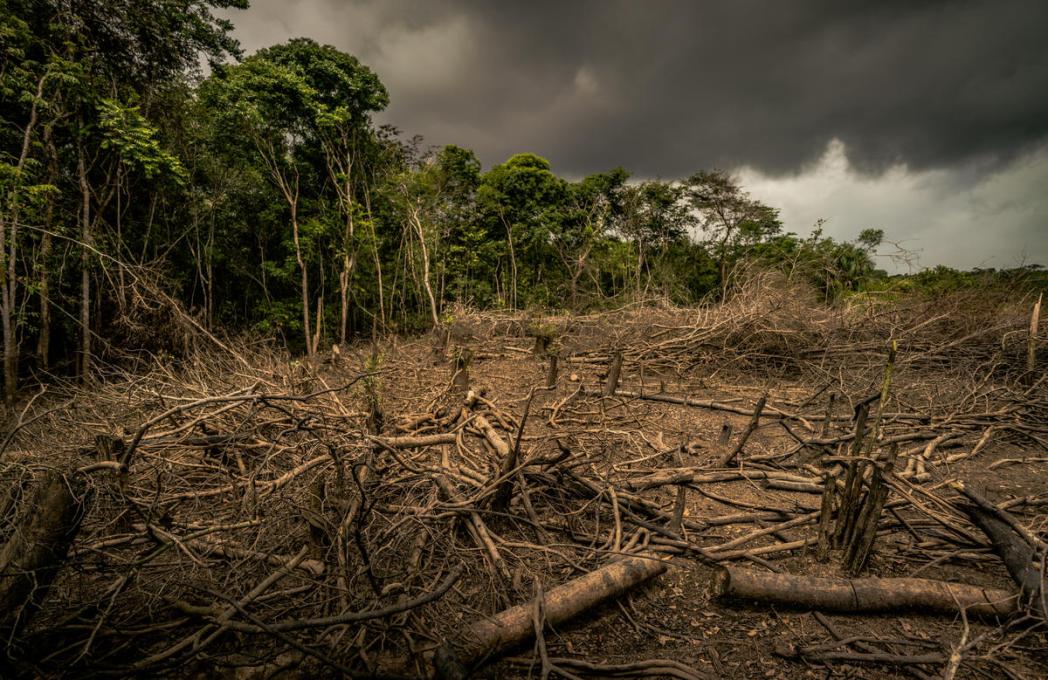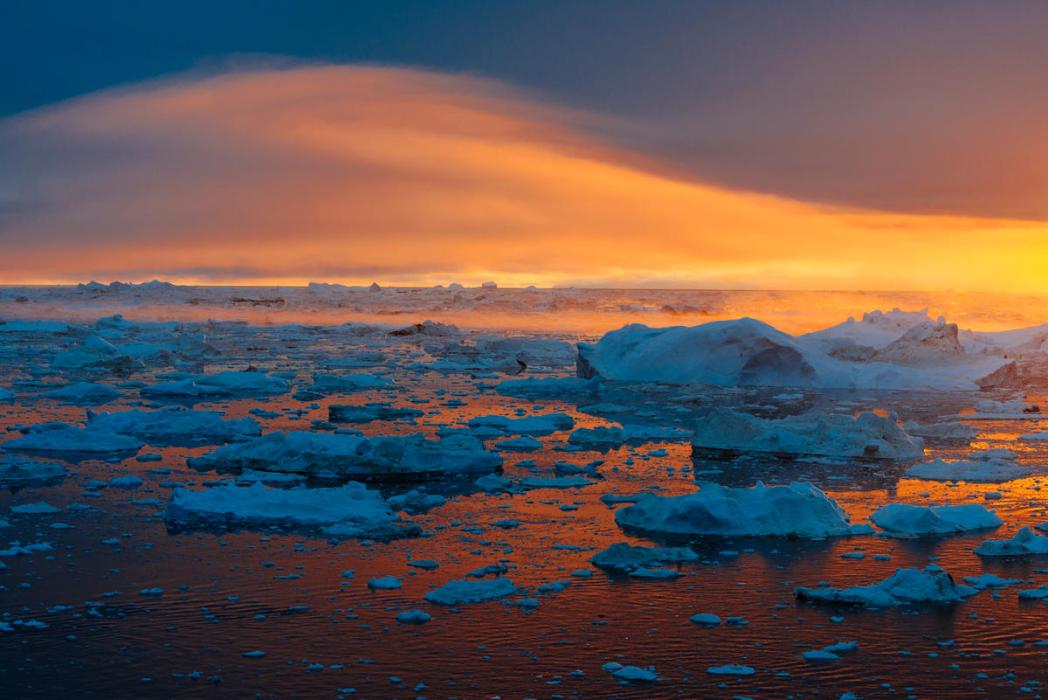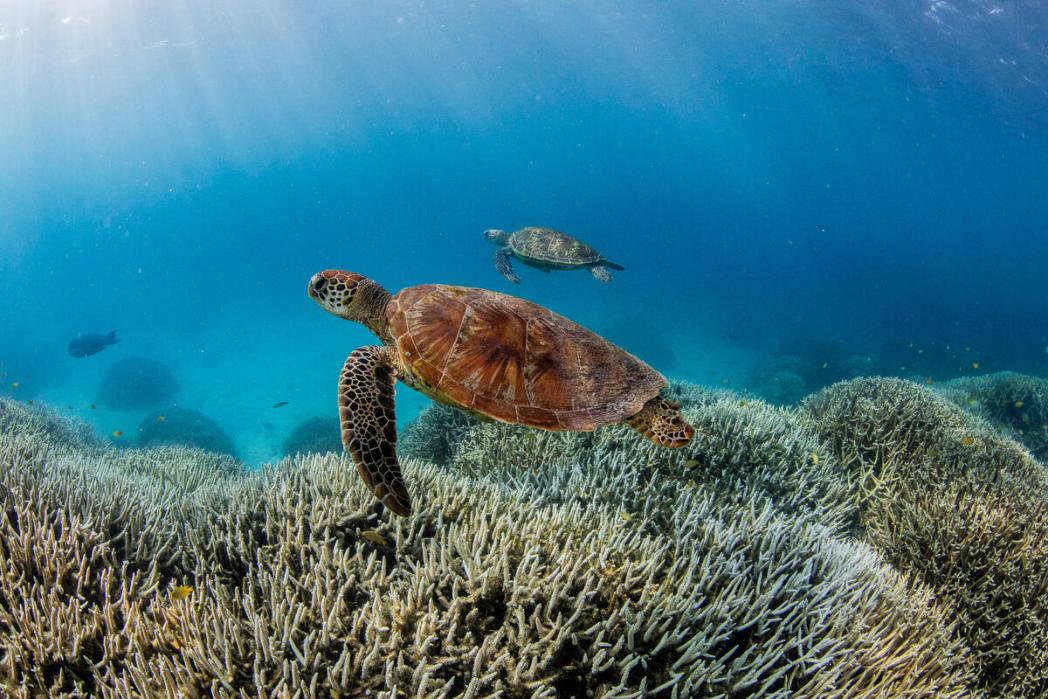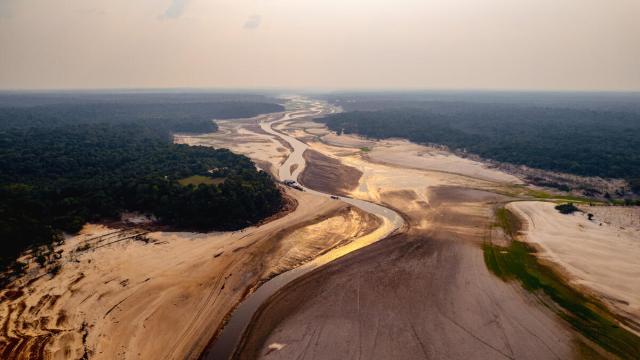© Film by Open Planet Studio for the Global Tipping Points Report 2025.
This is a 999 for nature
The new Global Tipping Points Report, published by the University of Exeter with support from WWF, warns that global warming means that we are now entering a danger zone where multiple tipping points put billions of people and animals at risk. The report – written by more than 160 scientists from around the world – argues that we must act urgently to avoid the worst impacts of crossing these tipping points.

Nature's tipping points
A tipping point is a point of no return for nature. Once certain pressures - like an increase in temperature - go beyond a limit, this triggers a cascade of changes that cannot be reversed. With global warming close to passing 1.5°C, the world now faces a new reality: damage to nature that we can never fix.
The report includes four tipping point case studies: warm water coral reefs dying off, ice sheets melting, the Amazon rainforest dying, and the collapse of Atlantic Ocean currents. Devastatingly, warm water coral reefs – vital to the wellbeing of up to a billion people and upon which a quarter of all marine life depends – have already passed a tipping point. The damage will be extensive, and action must be taken now to protect what remains to provide the possibility of future recovery.

There is hope
Other tipping points are almost certain to follow, unless countries come together urgently to slow and then reverse climate change. The window is closing fast, but we can do it. We can still make a difference, even for coral reefs, where we must back locally led conservation efforts. Determined action from governments, businesses and communities can still turn us away from tipping points.

“As we head into the COP30 climate negotiations it’s vital that all parties grasp the gravity of the situation and the extent of what we all stand to lose if the climate and nature crises are not addressed. The solutions are within our reach. Countries must show the political bravery and leadership to work together and achieve them."
Mike Barrett, Chief Scientific Advisor, WWF UK
The promise of positive tipping points
While the findings in the report are frightening, there is hope. ‘Positive tipping points’ happen when sometimes seemingly small actions multiply and blossom into huge social and economic shifts that can make a positive impact for nature. For example, positive tipping points have already been crossed for solar and wind power globally, as well as in the popularity of electric vehicles. Social attitudes are also tipping, with concern about climate change growing, and communities coming together to restore nature at a local level.
A positive tipping point can happen when enough of us tell our leaders that we want them to act on climate and nature. You can help now by writing to your MP to ask that the UK government move to protect and restore forests at COP30. Because the Amazon is home to 10% of the world’s biodiversity, millions of people, and is a major carbon sink, this and other forests are one of our greatest assets in the fight against climate change. Protect our forests by emailing your MP.

